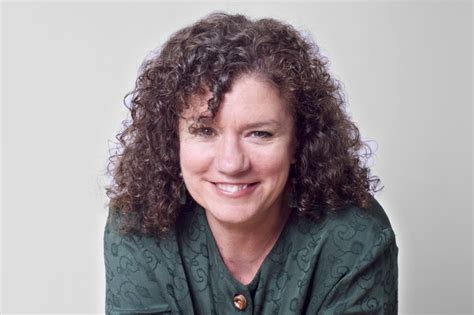A Quote by Emily Levine
Objectivity is the subject subjugating the object. That is how you assert yourself. You make yourself the active voice and the object is the passive no-voice.
Related Quotes
A life is such a strange object, at one moment translucent, at another utterly opaque, an object I make with my own hands, an object imposed on me, an object for which the world provides the raw material and then steals it from me again, pulverized by events, scattered, broken, scored yet retaining its unity; how heavy it is and how inconsistent: this contradiction breeds many misunderstandings.
It's 100% important to have a dialog with yourself going all the time. That's an ego talking to you, beckoning you to do more, but it's not the voice that you need to have in order to solidify the trust relationship. You have to be really transparent with yourself and say, "What can I do now?" What can I really do and how do I bring that into the world. In other words, those self-talk, we have to constantly be auditing, is our voice inside our best friend? If it's not, you have to make it your best friend.
There are a few pretty fundamental differences. In voice acting, if you are doing game recording, for the most part you are going to be by yourself in a studio. With game voice acting you are constructing everything for yourself pretty much. You're thinking about what the other characters could be doing, trying to imagine the scene, you're constructing the entire environment for yourself.





































